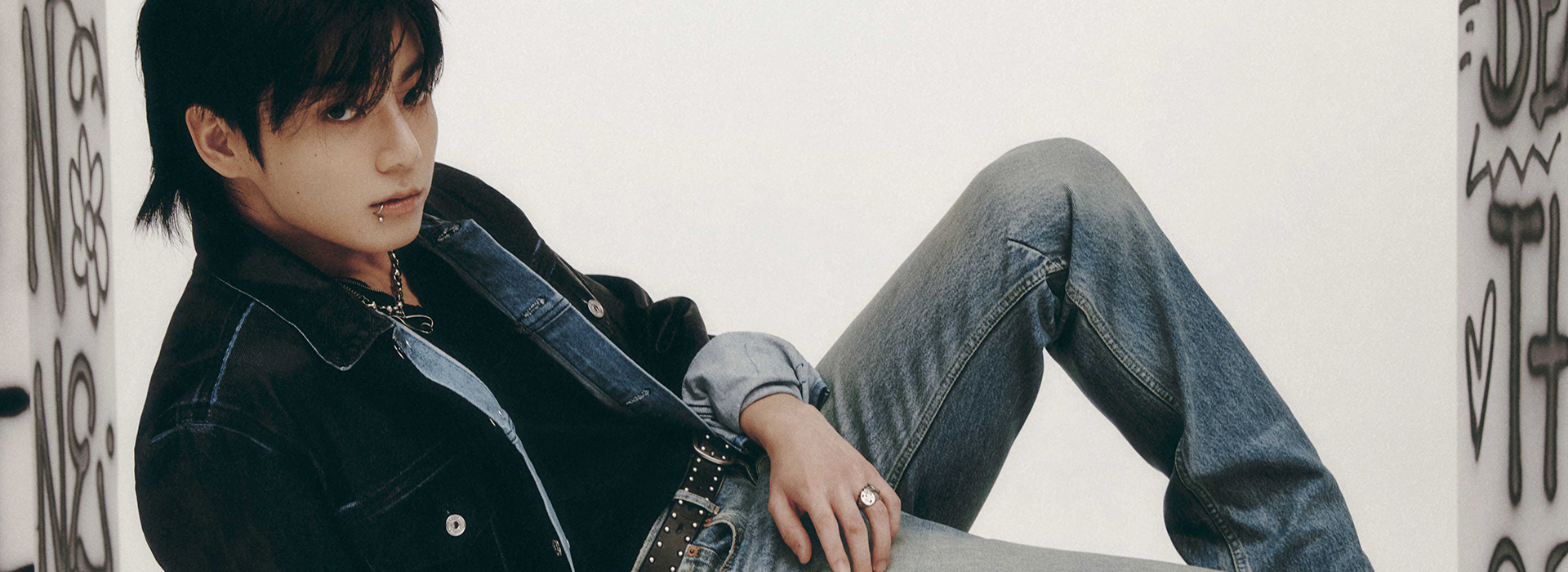
On the morning of Wednesday, November 8, Jung Kook took to the stage of the NBC morning show TODAY. Meghan Murakami, an associate producer with TODAY.com, wrote an article explaining that Jung Kook’s performance had allowed international K-pop lovers to finally move on from their long-held insecurity. Murakami became a K-pop fan in 2008, when the genre was still on the fringes of American culture. And as a teenager, she felt insecure liking something out of the mainstream that surrounded her, not to mention liking something that she could not even understand the lyrics of. She says she was able to deal with those negative feelings thanks to the tight-knit fan community following BTS’s successful climb to the top. The moment that insecurity dissolved completely, Murakami says, was when she saw “solo pop star” Jung Kook perform. Even those in the general public who still look at BTS and even K-pop as being on the cultural periphery now see Jung Kook the same way: as a pop star.
Jung Kook performed on the TSX Entertainment stage in Times Square, New York, on the afternoon of Thursday, November 9. The sea of billboards in Times Square grows bigger and more colorful every year. The most eye-catching one in recent years is at the intersection of 7th and 48th, just across from the famous Red Stairs. TSX Entertainment is a company seeking to use novel technology to overcome the very real problems faced by the entertainment industry today—notably the limitations on streaming services as well as on interactions between fans and artists. The incredibly large, immersive, and curved LED screen is more than mere advertising—it’s a tool to bring music marketing, which has mostly been focused on the Internet, to the real world, with a fully functioning stage built inside. Jung Kook is only the second artist to perform on the TSX stage, following Post Malone’s surprise performance in July in support of his album AUSTIN.
After the pandemic, social media and streaming became the industry’s marketing focus, but the TSX stage is at the forefront of a new strategy. The stage makes it more accessible for artists to play in one of the most famous places in the world—one that was once restricted to such exceptional artists as Taylor Swift and Kayne West. But that doesn’t mean just anyone can make it to that stage. Whoever you think that person would’ve been one, two, or five years ago, today it’s Jung Kook. “Seven” (feat. Latto) debuted at number one on the Billboard Hot 100, Global 200, and Global Excl. US charts. The song went on to top the Global 200 for seven consecutive weeks and the Global Excl. US for nine, and was Billboard’s number-one global song of the summer. It recorded one billion streams on Spotify in October after 108 days, a new record.
So how did GOLDEN do in its first week? For the week of November 18, it was number two on the Billboard 200, with 210,000 units sold. Those kinds of figures would usually rocket an album to the very top of the chart, but Taylor Swift’s rerecorded 1989 moved an additional 240,000 copies in its second week. Meanwhile, “Standing Next to You” debuted at number five on the Hot 100. That’s no easy feat, considering radio favorites like “Cruel Summer,” “Paint the Town Red,” and “SOS” dominate the top of the chart. Not surprisingly, the song is number one on the Global 200 and the Global Excl. US chart. GOLDEN is also number three in the United Kingdom and number two in Australia. As is plain to see, the album is doing phenomenally in the US, across the English-speaking world, and around the globe.
Jung Kook’s universal pop star image is both familiar and fresh. His status goes beyond simply his associations with Korea, K-pop, and boy bands. It doesn’t mean he’s put those things behind him or that they were ever something to move beyond. They are simply labels placed on musicians who can put on striking performances on their own. But it’s only natural to be surprised that a Korean artist is being interviewed by Zane Lowe and answering questions in Korean, yet nothing seems out of place. Jung Kook represents an exception to the expectation that only American pop stars can become global superstars. A global fanbase, an ear for pure pop, the power to produce music without any genre conflict, the solid foundation the K-pop has worked so long to build … It may appear as though all of these elements have fallen into place because it’s K-pop, but there’s more to the story than that. I had no idea how good it would feel to no longer have to pursue the old notion that playing up your Korean heritage is the key to global appeal.


Unauthorized reproduction and distribution prohibited.